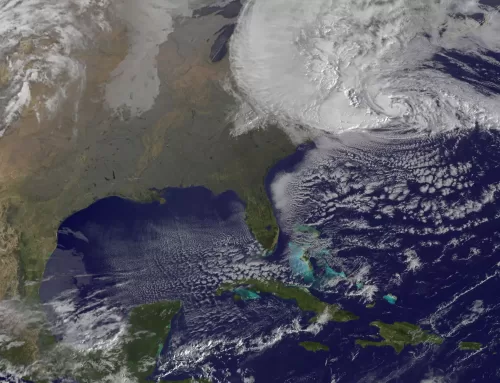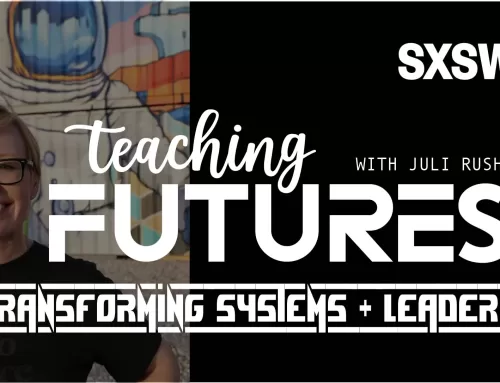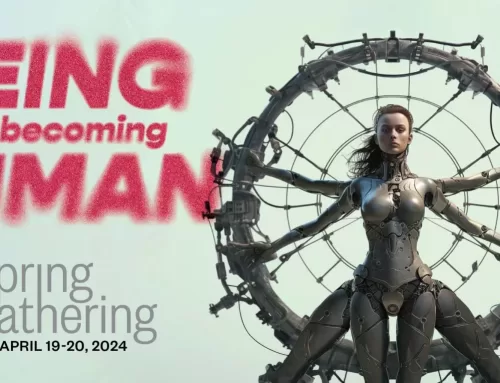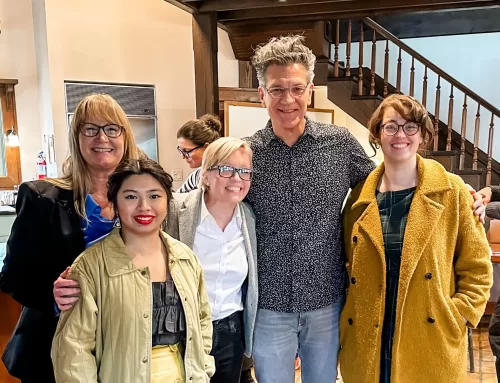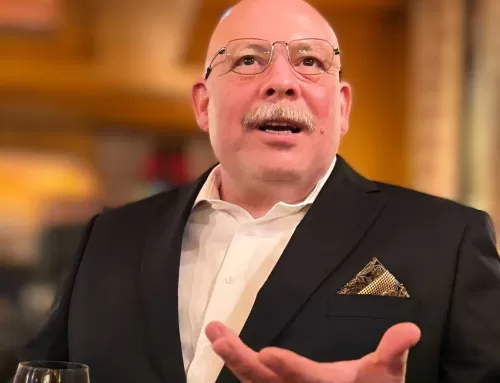Baseline: Prior to COVID-19
Just under two months ago, most citizens in the Western world were engaged in traditional jobs that required employees to occupy a space for at least 8 hours a day. Think about the number of wasted hours a person spent in a typical 9am-5pm pre-COVID desk job. How many times may one have thought about maximizing their time, and flexible work routines customizable to one’s lifestyle? Some parents worried about scheduling conflicts with their children’s activities, work and school. Everyone craved, needed, more time to explore their interests. Consider people who desired to turn their hobbies into careers and needed additional time to build their freelance portfolios. Consider all the entrepreneurs creating exit strategies and awaiting the right moments to start new careers. Meanwhile, the norm was to spend 8 hours in a seat, mainly in unproductive jobs that valued hours and time in the chair, over quality, quantity, and speed of work. Why spend 3 hours working and 5 hours unproductively filling time with scrolling social media, mitigating interpersonal work relationships, and politicking for that career advance? Yet others with disabilities explored ways to use technology to complete task remotely, only to be rejected by employers who surmised that employees would run rampant and be unproductive.
Flash forward to our current reality of stay-at-home orders to prevent further spread of the pandemic. Seemingly overnight we were able to use technology to transition tasks that required us to occupy space for at least 8 hours a day. Well, has working from home proved beneficial both to laborers and organizations? How will COVID conditions impact society?
In Foresight, we use the term baseline to describe a topic’s current state, current condition, or the normal way of doing things. In this scenario, the baseline definition of work is occupying a specific, controlled space for a predetermined amount of time. In our new climate, or our new baseline, employees work, attend meetings, collaborate on projects, and manage families remotely. At this point in normative essays the question would be, what are the long-term effects of these changes to society? For this blog we will explore, will you fight for your ideal futures scenario?
Ideas for Transformative Futures
A transformative future is one in which current trends continue (I.E. society still works) but the way in which it continues, changes (I.E. whether one works is not determined by the space one occupies). In the proposed transformative scenario, society still needs workers in order to function, however the definition for work changes. In the pre-COVID environment, the definition for work is determined primarily by the space one occupies, then by the tasks that are completed in that space. In the post-COVID environment, work is determined by completion of tasks. Location and time restraints are no longer factors. So, what effects have transpired from eliminating the “need to occupy a space”? To analyze this question lets use the University of Houston’s Foresight framework to explore changes. In this framework, we explore STEEP (social, technological, economic, environmental, and political) trends. We research changes to STEEP categories, or scan, the various environments and evaluate and annotate changes.
Extrapolating Trends
Trends and changes to the baseline can lead to new alternative futures. In reflecting on changes since COVID, we can see there are several unchanged variables in pre and post COVID trends. Socioeconomic inequalities and inaccessible technologies create limits to resources in many communities. Using transformative futures to explore futures in which one can work remotely, we can consider the effects this will have on society? One thing to consider is lifestyle changes. Pre COVID, the average person spent 12 hours per week commuting to work. Post COVID, most professionals do not have to commute to work. CO2 emissions have receded, and traffic induced stress and anxiety have diminished. The cultural acceptance of overworked and normalization of fatigue has taken a back seat to our new routines. Do we really want to experience that again?
If working from home everyday does not suit your personal needs, would you consider office and community hubs were people meet up and socialize. One can attend virtual office meetings and physically be in the same room with others who are having business meetings as well. What about the amount of money corporations have saved on travel expenses just within the last two months? Isn’t that a benefit? Doctor’s offices have switched to virtual visits and in-person appointments are only used when necessary. Is this an advantage to the doctor and the patient? Think about the benefits for those without transportation or elder persons with physical limitations that causes them to frequently miss appointments. If everyone had equal access to undefined physical boundaries for work, would we be able to create more equally productive futures for everyone?
Will You Fight?
In the book, Who Moved my Cheese?, mice move around in a maze in search for cheese in an environment where the maze changes. One mouse exclaims, “things change, and they are never the same again. This looks like one, of those times, Hem. That’s life! Life moves on. And so should we.” Maybe we are in a transformative moment in time in which we can change the way we spend our time. Post-COVID we can still use technology to serve our interest and improve the ways in which we spend our time. Life is changing and will continue to change. We are at an infliction point in which we can decide to change the way we live and work. Alvin Toffler’s, Future Shock, states ““Our moral responsibility is not to stop the future, but to shape it…to channel our destiny in humane directions and to ease the trauma of transition.” Are we at an inflection point where we must decide what will happen from here? At a personal level, will we fight to keep the changes that are important for us? Will the changes caused by COVID leave a lasting, transformative, new normal?
-L.M.Young
Sources:
Johnson, S. (2016). Who moved my cheese? Abbotsford, British Columbia: The Braille Superstore.
Toffler, Alvin (2020). Future Shock. S.l.: Ballantine.
